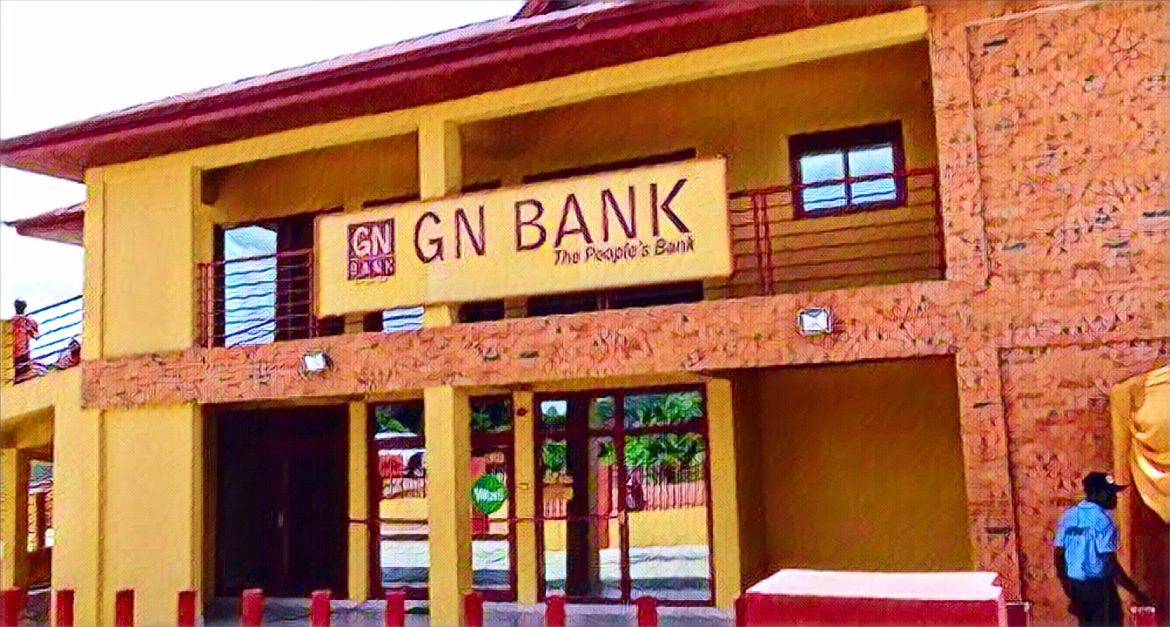In a pivotal ruling, a Human Rights Court in Accra has dismissed the application filed by Dr. Papa Kwesi Nduom and GN Savings and Loans, contesting the Bank of Ghana’s (BoG) decision to revoke the entity’s license. The court upheld that the central bank was executing its lawful mandate, acting in the interest of shareholders and the public, thereby rendering the decision faultless.
The case, which has garnered significant attention, began with the court affirming the applicants’ capacity to invoke its jurisdiction. The judge then substantively addressed the allegations of discrimination, unreasonableness, unfairness, and violation of administrative rights brought forth by the applicants.
At the heart of the dispute was the contention that the BoG’s assessment of GN Savings and Loans’ solvency was flawed. The applicants argued that if the debts owed to them by the government were settled, the capital adequacy ratio required by banking standards would have been satisfied. They maintained that an objective assessment by the BoG would have revealed the company’s solvency, contrary to the central bank’s stance.
The legal representation for the applicants stated, “If the Bank of Ghana had considered our financial position and the government’s debts to us, they would have realized our solvency. The bank, in its role as an administrative body, acted unfairly, unreasonably, and irrationally.” They asserted that no reasonable entity, presented with the same facts, would have concluded to revoke the license as the BoG did.
Furthermore, the applicants highlighted their unsuccessful attempts to recover funds from the government, deeming the BoG’s decision to revoke their license under these circumstances as unreasonable.
However, the court, in its ruling, dismissed these claims. It stated that the Bank of Ghana, fortified by its act, was obliged to maintain strict supervisory standards. The court noted that since the applicants did not meet the required solvency thresholds at the time of the license revocation, the BoG was duty-bound to take the action it did. The court suggested that the plaintiffs could address the issue of government debt with the Finance Ministry.
Regarding the accusation of discrimination, the court concluded that the applicants were not singled out unfairly, as other entities had faced similar actions. “The applicant was not discriminated against. Their complaints are unfounded and without merit,” the court declared.
This ruling is a significant affirmation of the Bank of Ghana’s regulatory authority in the banking sector. It underscores the central bank’s responsibility to safeguard the public interest and maintain stability in Ghana’s financial landscape. The court’s decision reinforces the principle that financial institutions must adhere to regulatory standards and solvency requirements to operate within the country.
The outcome of this case is not just a win for the Bank of Ghana but also a reminder of the crucial role regulatory bodies play in ensuring the health and integrity of the financial sector. It serves as a precedent for future cases and sets a standard for how financial disputes and grievances are to be addressed in Ghana’s judicial system.




